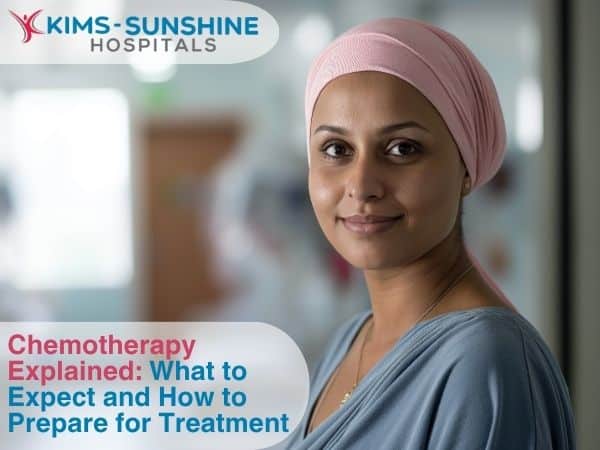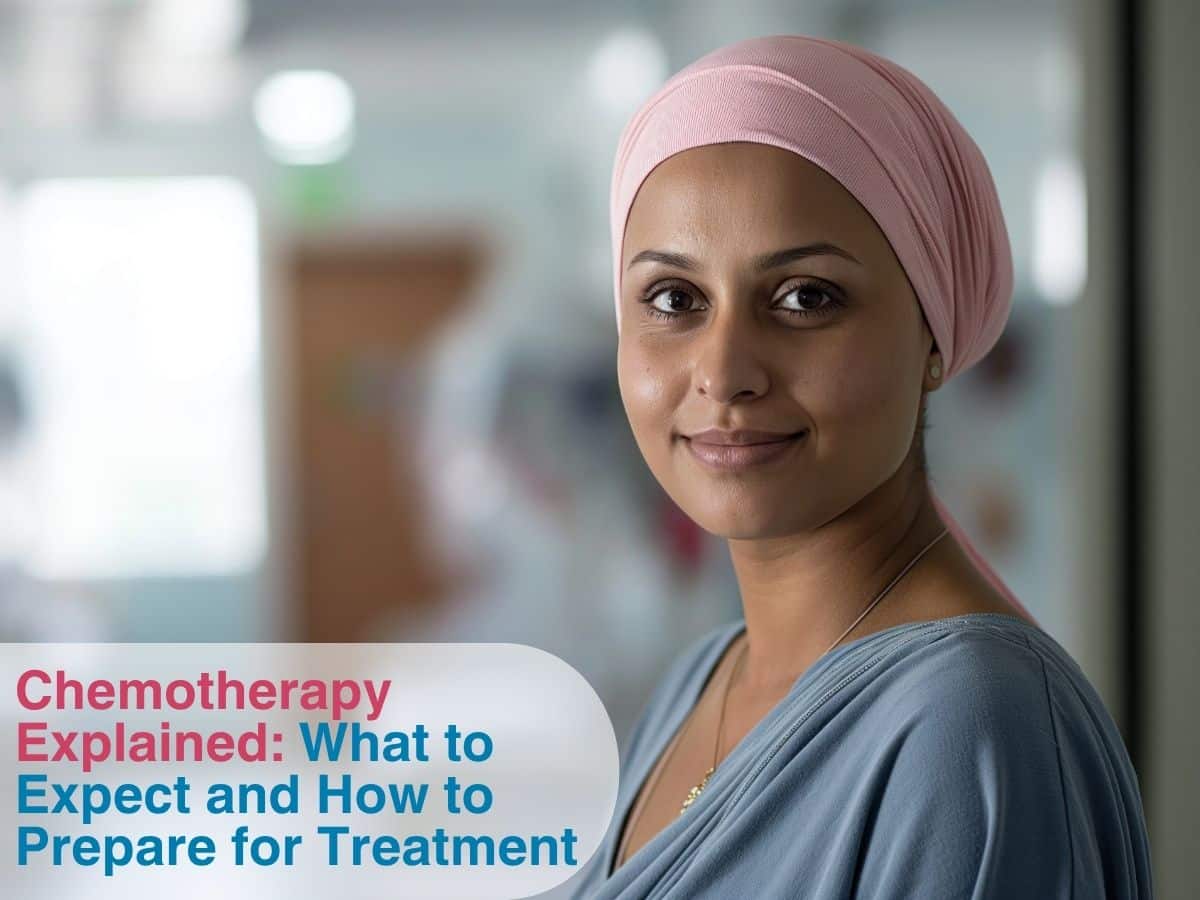
Chemotherapy Explained: What to Expect and How to Prepare for Treatment
 Cancer can strike you anywhere and at any time. The immune system actively works to kill off cells that are becoming cancerous, but some may escape this surveillance and stay hidden for many years, before they surface and begin dividing incessantly. Since cancer itself is so different in one person and is never the same in 2 individuals, treatment methods also need to vary a lot. Chemotherapy is one such weapon in the cancer busting arsenal, with the other ones being radiotherapy, immunotherapy, surgery, targeted therapy etc, with a few being sub-types of chemotherapy. It may be used exclusively, in between treatments or to even help you cope better with side effects.
Cancer can strike you anywhere and at any time. The immune system actively works to kill off cells that are becoming cancerous, but some may escape this surveillance and stay hidden for many years, before they surface and begin dividing incessantly. Since cancer itself is so different in one person and is never the same in 2 individuals, treatment methods also need to vary a lot. Chemotherapy is one such weapon in the cancer busting arsenal, with the other ones being radiotherapy, immunotherapy, surgery, targeted therapy etc, with a few being sub-types of chemotherapy. It may be used exclusively, in between treatments or to even help you cope better with side effects.
What To Expect During Chemotherapy Treatment Sessions
The chemotherapy regimen you will follow may be pretty different from another individual suffering from the same type of cancer, as the problematic cells may be different for the both of you. It is mostly given intravenously, though other modes of administration are also used- oral pills, as topical creams or an injection. In such cases, the drug travels all over your body (systemic intervention), but for some other cancer types- the drugs may be given at a particular site- like an artery that feeds the tumour, in a particular body cavity or between the brain and spinal cord. The duration of treatment obviously is highly dependent on the severity of your cancer, the location and your health status before beginning treatment.
Questions To Ask Your Doctor Before Starting Chemotherapy
It is normal to feel pretty worried about getting chemotherapy done and to overthink about side effects. But, to be fair, you can always talk to your oncologist if you have any questions. They will be happy to answer them all for you. Some common questions many individuals have include the following-
- What drugs am I going to be given?
- What are the side effects I may have to deal with?
- How many rounds will it be?
- Where will I get treated?
- What do I do if my side effects are too bad to deal with? When should I get help?
- Do I need to make any changes to my routine – diet, exercise, work?
- What tests should I get done before starting chemotherapy?
- How do I prepare for my first chemotherapy session?
- Will I have any long term issues to deal with?
- You can ask for contact details too, so you know whom to get in touch with, when you feel very ill.
How To Reduce Nausea And Fatigue During Chemotherapy
You can prepare bland foods and eat them. Don’t eat too much spice, nor should you eat very salty, sugary or hard to digest foods. Aim to include fresh produce in different ways- like raitas, poriyals, sabzis, steam them or saute them with very less oil. Eat small amounts of whole grains and carbohydrate rich foods for energy. Protein is important for healing- so look at options like tofu, lentils, sprouts, eggs, meat etc. Remember to drink lots of water, fluids or anything that calms you down- but without any sugar. Chemotherapy can trigger feelings of nausea and fatigue. Your doctor will give you anti-emetics. Resting should be a priority during the day. Get a second opinion if needed. Try not to do too much and tire yourself out.
Tips For Managing Hair Loss During Chemotherapy
Hair and scalp care can become important aspects to deal with, once you begin chemotherapy. Hair loss is a well known side effect, so you can either try to get a haircut before you begin, or see a stylist about a wig. Your scalp can get really dry during rounds of chemotherapy- so be gentle with it, air dry only and use products that are not harmful or make symptoms worse. You can also try to use caps or scarves and use sunscreen on the scalp when you go out. Don’t try any styling hack that will involve pulling or tugging hair.
Conclusion
Getting a positive diagnosis for cancer can be nerve wracking. But, fear won’t get you anywhere and will in fact hamper your progress, as it can leave you feeling helpless and very stressed. The location of the tumour, the stage it is in and your general health parameters will help the oncologist determine the length and dosage of the chemotherapy regimen. You cannot work during this time, so try to make alternate arrangements. Also, getting your insurance and financial matters sorted before you begin treatment is a good choice too. The main goal of treatment is to see you in remission but no one can ever promise a cure for cancer as it can come back again.






